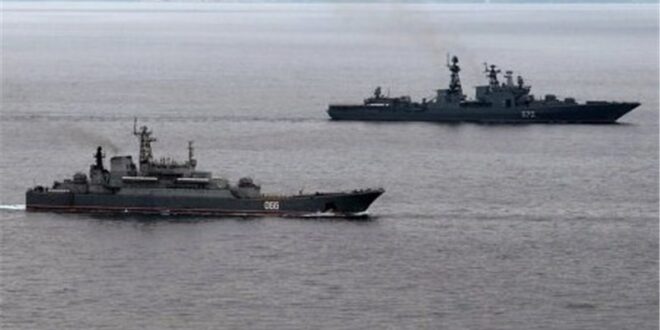Most commentaries on Finland’s accession to the Western alliance have focused on the fact that this development had doubled the land border between NATO and the Russian Federation. But Sergey Ishchenko says, an even more important consequence may be on the Baltic Sea and for Russia’s Baltic Fleet.
With the accession of Finland to NATO, more than 80 percent of the coastline of the Baltic Sea will be in the hands of the Western alliance, the Moscow security analyst says. Russia will control only seven percent – and the imbalance will only increase when Sweden joins NATO (svpressa.ru/war21/article/368097/).
And the ships of Russia’s Baltic Fleet will be bottled up, having to pass some 550 nautical miles to get to the open ocean, something that would require “no less than 30 to 40 hours” under steam and that would be impeded by new anti-ship weapons in the hands of Latvia, Poland and other NATO countries.
What this means is something very worrisome for Moscow, Ishchenko says. The window on Europe Peter the Great opened has now been reduced to a tiny vent; and it will be reduced still further when Sweden with its 3218 km of Baltic coastline joins NATO later this year as almost everyone expects.
To put it bluntly, the Moscow analyst continues, Latvian foreign minister Edgars Rinkevichs crack a year ago that “the Baltic Sea is becoming an internal NATO sea” is becoming true, with the West’s control of the coastline reinforced by the superiority of its ships and firepower there over Russia’s Baltic Fleet.
Russia must recognize this “new reality” and draw “the correct conclusions,” Ishchenko says. The most important of these is that “the oldest of the Russian fleets no longer exists de facto. In the best case, it is a flotilla,” comparable in size and strength to the Caspian Flotilla but no more than that.
And second, and important over time, Moscow must shift the vessels of the dying Baltic Fleet to the Black Sea where they can still be used and where NATO does not have the advantages it has now claimed in the North.
 Eurasia Press & News
Eurasia Press & News




